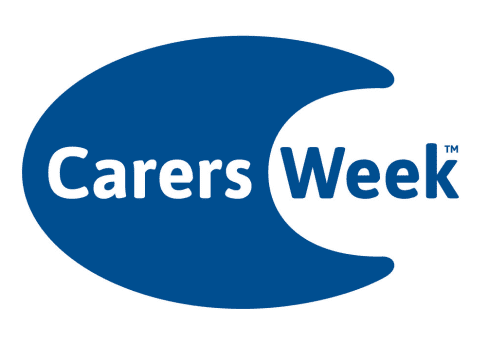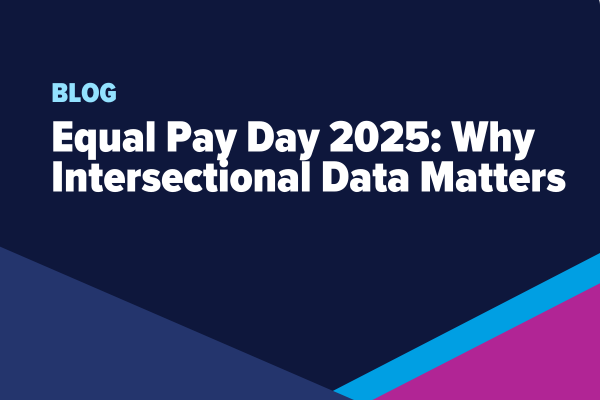How to Recognise and Support Carers in the Community
How to Recognise and Support Carers in the Community
Business in the Community’s (BITC’s) recommendations for employers on combining paid work and care.
Carers Week takes place between 5-11 June this year. This year’s theme is about recognising and showing support for carers in the community. As we know from Business in the Community’s (BITC) Who Cares? report, unpaid care directly impacts working lives, with almost half (44%) of the UK workforce combining paid work with care and four in 10 saying their caring responsibilities have prevented them from applying for a job or a promotion. The report shows that women disproportionately undertake unpaid care and has a greater impact on those from ethnically diverse backgrounds regarding both inclusion and progression in the workplace.

Recent stats emerging from the Census 2021 have shown that 10.3% of females in England provided unpaid care compared to 7.6% of males. In Wales, this was 12.0% of females compared with 9.0% of males.
Many carers are unable to balance work and care – some 600 people give up work due to caring each day2, and caring comes with additional financial costs too. The Joseph Rowntree Foundation found that many carers often use their own income or savings to pay for support services and care equipment and, as a result, are much more likely to be living in poverty3.
Ethnically diverse carers are more likely to be struggling financially. Over half (58%) of unpaid carers from Black, Asian, Mixed Race and other ethnically diverse people said they were worried about their finances at the start of the pandemic, compared to 37% of White carers4.
The cost-of-living crisis has meant carers are facing unprecedented financial pressure. A study by Carers UK 5 found that a quarter of carers are cutting back on essentials like food or heating compared to almost half that (13%) last year. 63% are extremely worried about managing their monthly costs, with 77% stating the rising cost of living as one of the main challenges facing them in the next year. The cost- of- living crisis not only has a toll on financial health but also has a negative impact on carers’ mental and physical health (62%).
The recent legislation to provide for carers leave will make working life much better for carers6. However carers will still need wider support from their employers to help them to balance work and care.
Recommendations for employers
BITC’s Who Cares? report calls on employers and policymakers to transform how we think about combining paid work and care. These are our recommendations for employers:
Download the Who Cares? report to find out more.
Additional resources
If you are not yet a BITC member, join us to improve your responsible business strategy.



